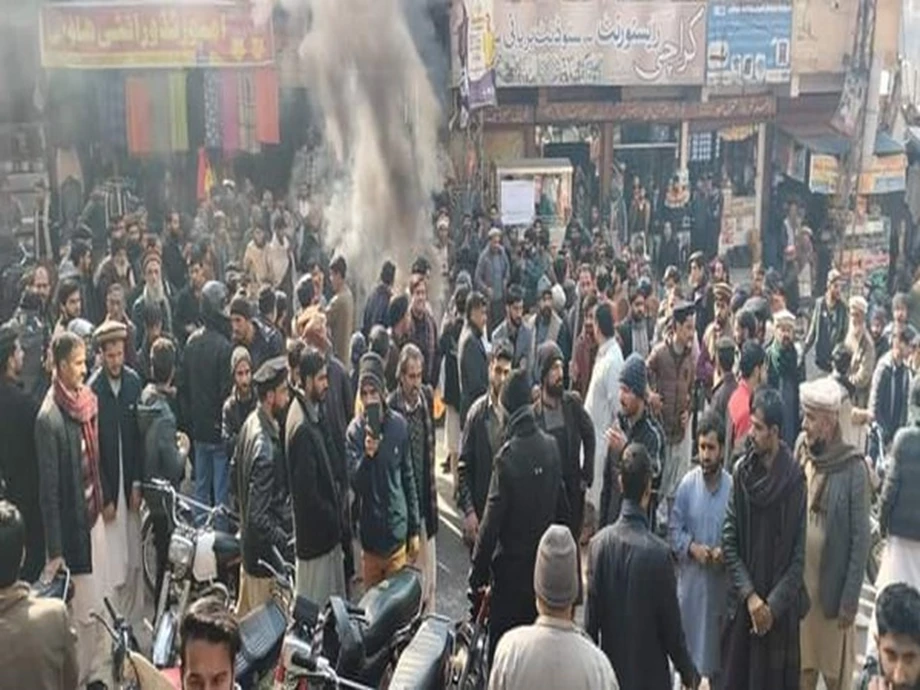The residents of Pakistan-occupied Kashmir (PoK) Gilgit-Baltistan region are now asserting themselves against the hegemony of Pakistan with mass protests against electricity shortages, reduction in the wheat quota, taxation, and land grabbing, however, their cries are unheard beyond the mountainous region, reported policy research group, Poreg. The frequent protests have been superheated by the Awami Action Committee — an alliance of various political, religious, and trade associations.
There seems no improvement in the Gilgit-Baltistan situation; rights abuses are unabated. A number of political activists are still behind the bars for raising voices for the rights of the two million disenfranchised people of the region formerly known as the Northern Areas, reported Poreg. Officially, the Pakistani government has rejected calls for GB’s integration with Pakistan on the grounds that it would jeopardize its demands for the whole Kashmir issue to be resolved according to UN resolutions. Currently, Gilgit-Baltistan has a semi-provincial status.
GB region has huge potential for solar, and wind energies and hydro resources. Yet, due to a lack of proper energy policy, infrastructural development, and investment barriers, the region daily experiences power shortages, reported Poreg. 86 per cent of the people who live in villages, still depend on firewood, kerosene oil, and dung cakes. From what is in public domain, it is clear that Pakistan’s establishment is not interested in seeing the region prosperous and self-independent.
The current energy mix of the GB region is 45 per cent firewood, 30 per cent LPG, 19 per cent electricity (hydro power), and 6 per cent kerosene oil, reported Poreg. Power shortages are endemic in summer and winter alike. The local government and international organizations have shown interest in financing community-based micro-hydro stations.
Plenty of mini and micro-hydro sites have been identified across GB but Pakistan has left the region plunged in darkness, reported Poreg. Land issue is grave in GB. In fact, it has persisted for decades. Locals are unhappy with the unfolding land grab. Their objection is two-fold. One the region is disputed and has not yet been constitutionally integrated into Pakistan. Two the common land in GB is used for community activities like livestock grazing besides collecting firewood for centuries.
People have been protesting against land grabbing by the Army as well. The Generals, in a secret agreement with local politicians, have been illegally grabbing public land under different pretexts. Many accuse Chief Minister Khalid Khurshid of siding with the Generals in the open loot of public land. The Army has been quick to clamp down on protesters by charging them as terrorists. Two months ago, in December, 2022 the region witnessed several raging public protests at the detention of youngsters for protesting against the Army, reported Poreg.

